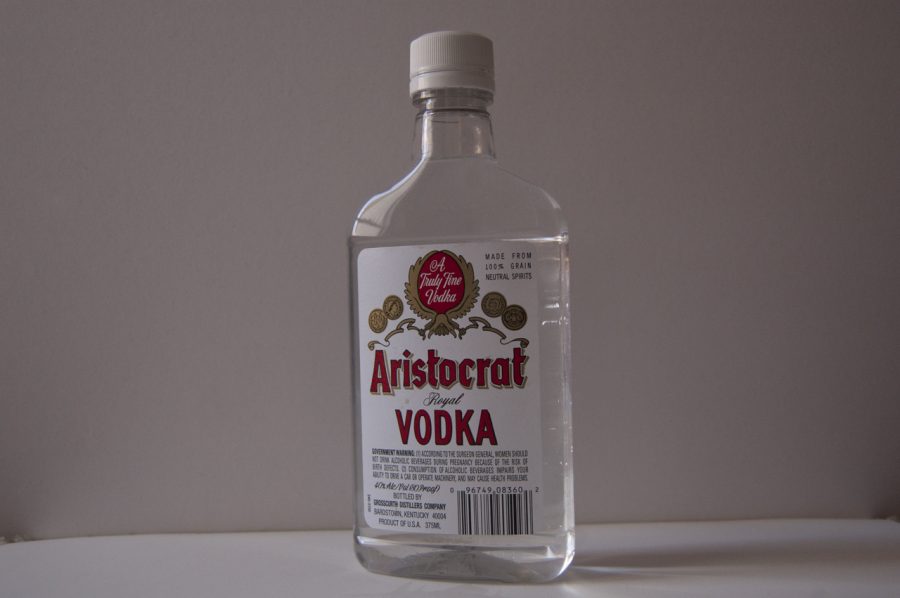Police weigh in on alcohol arrests
November 17, 2011
Florence police Chief Rick Singleton said one of the most difficult parts of his job is showing up to the scene of a fatal car crash and explaining to a young person’s parents that alcohol was the cause of the accident.
Six of 150 driving under the influence and 52 minor in possession of alcohol arrests have occurred so far this year in Florence involving young people under the age of 21, according to Singleton.
Years of experience in law enforcement have taught Singleton to be a realist regarding the issue of college students and underage drinking, he said.
“College is an exciting time and there are a lot of temptations and opportunities out there,” he said. “One of the big experiences you get from college is to learn to be responsible. For the first time, you have a lot of freedom that you’re not accustomed to at home, but with freedom comes responsibility, and if you violate laws, there are consequences.”
Since October of 2009, seven public intoxication and 15 minor in possession of alcohol incidents have occurred on the university campus, said UNA police Chief Bob Pastula. No driving under the influence arrests on campus have been reported at UNA, he said.
Pastula said his department works closely with city police, and that all off-campus arrests are reported to his office. Students who are arrested for an alcohol-related or other offense must also go through the judicial process with the Office of Student Conduct.
“The biggest myth that students have is they think (alcohol-related arrests) are never going to happen to them,” he said. “Whatever (students) do off campus that reflects poorly on the university, they will get in trouble here too.”
Each year, approximately 3 million students between the ages of 18 and 24 drive drunk in the United States, according to data from the National Institute on Alcohol Abuse and Alcoholism. The NIAAA also reports 110,000 students of the same age bracket that are arrested and detained for alcohol-related offenses, including public intoxication and DUI.
In questionnaire-based self reports that were published in the “Journal of Studies on Alcohol,” researchers found that 31 percent of college students met the requirement for alcohol abuse and 6 percent for alcohol dependence during a year-long period.
Peggy Bergeron, registered nurse with the UNA Health and Wellness Center, said health officials on campus incorporate a variety of alcohol education programs to help students learn more about the topic.
“Health Services does offer alcohol educational and awareness programs, such as Welcome to the Party, which deals with alcohol and sexual assault, and Purple Haze, which is alcohol facts, risks and binge drinking and safety,” she said.
She said the Health and Wellness Center plans to implement other alcohol education events next semester before spring break and during the month of April, which is National Alcohol Awareness Month.
A person who is of legal age cannot have a blood alcohol level of .08 and operate a vehicle legally, but the level drops to .02 for people under 21, according to Singleton.
The Alabama Department of Public Safety will suspend or revoke the driver’s license of an underage person if found in violation of the state’s drinking and driving laws. Singleton said fines vary and it may be required that the offender takes part in a DUI or substance abuse court referral program.
Pastula and Singleton both said an alcohol-related arrest will act as a mark on a person’s criminal record, harming their chances to get jobs in the future due to mandatory background checks that required in the employment process.
“Disrespecting the law-a lot of people think it’s not a big deal but it is,” Singleton said. “It’s a big deal concerning someone’s integrity and it says something to me about a person’s character. To me, as an employer, when I look at potential employees and I see where a young person has willfully disobeyed the law, I question whether or not I want to have that young person working with me.”












